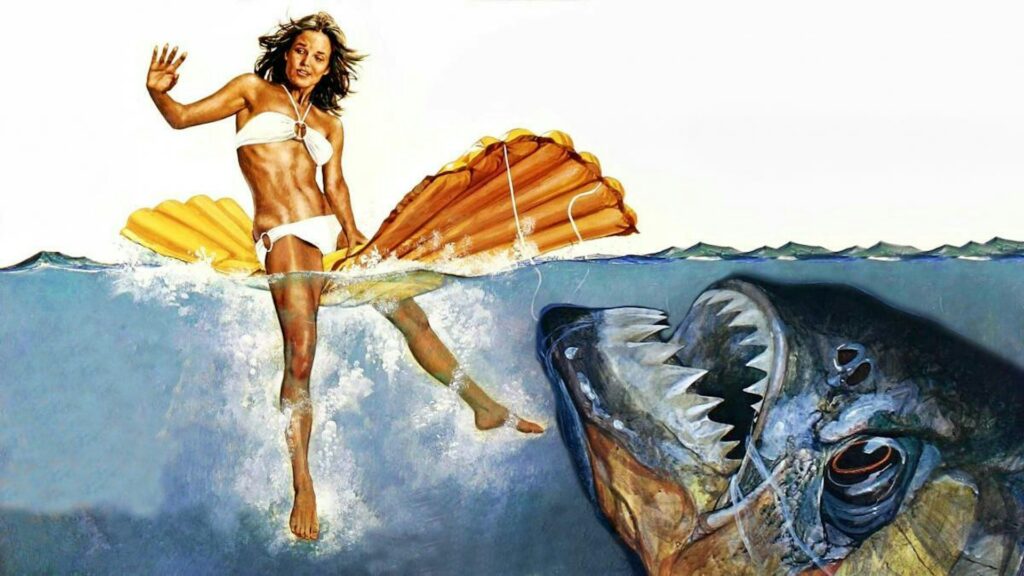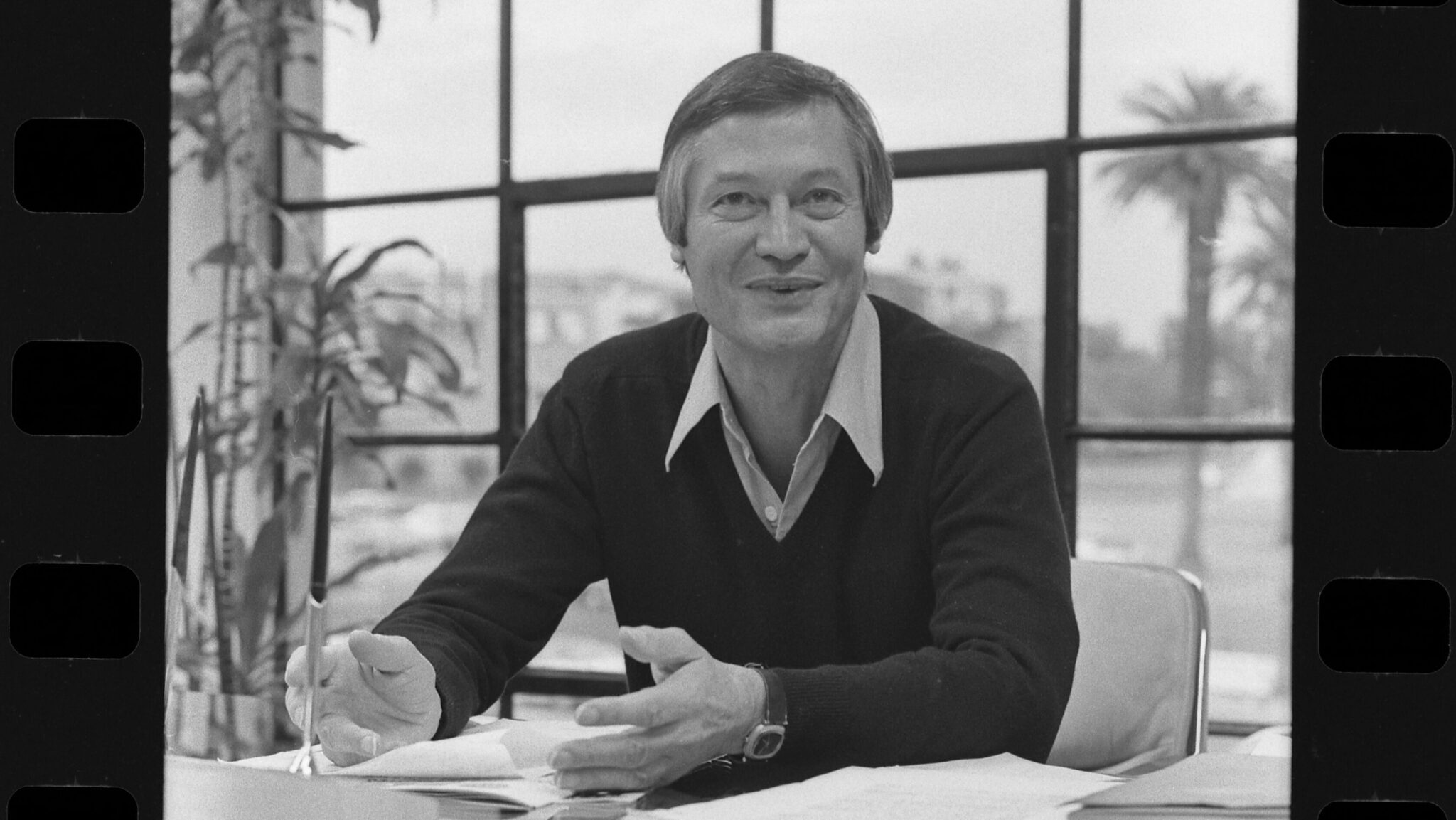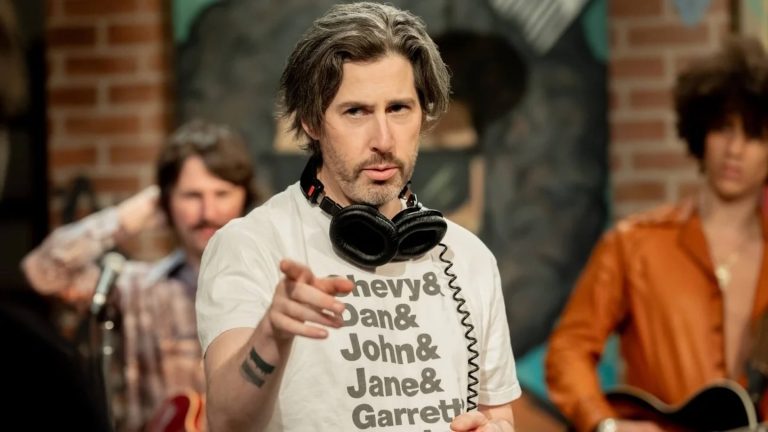5 Storytelling Lessons From the Late Roger Corman

Roger Corman, who passed away on May 9th at the age of 98, loved films and wanted to help bring fun stories to the screen that would entertain (and make money). He never hesitated to share his experiences and insights that could help filmmakers bring their vision to life, even on the smallest budget imaginable.
The legacy of Corman will echo throughout Hollywood’s existence thanks to his “fast, cheap, and profitable” model that still offers guidance for new filmmakers everywhere. He was a Hollywood opportunist, creating low to no-budget features heavily inspired by blockbuster films, who helped mentor notable filmmakers in the New Hollywood era, like great American filmmakers like Martin Scorsese, Francis Ford Coppola, James Cameron, and Robert Towne graduating from the “Roger Corman School of Filmmaking.”
To celebrate the life and legacy of Roger Corman, here are five lessons on storytelling that we learned from the famed producer, writer, and director’s nearly seven decades in Hollywood.
Design a Script That Is Easy and Inexpensive
In the world of indie films, there is never enough money. Studios can solve problems by financing films and hoping that they will perform well in theaters, but a true indie has a tight budget, which means a tight schedule and fewer resources. Luckily, this is where limitations and imagination come into play.
“You should recognize your limitations and not write in sequences that are for a $200 million film and so forth,” Corman told Filmmaker Magazine in 2013. “You should write for your budget, but you should take advantage of when there are good natural locations.”
Designing a script that is easy and inexpensive to shoot could result in limitations, like having fewer shooting locations, minimal speaking parts, sticking to a three-act structure with basic story beats, or leaving certain details off-screen. But remember, the audience won’t remember those things specifically—they’ll only remember how your story made them feel. Take advantage of that!
Read More: This Is Why Your Screenplay's Page Count Matters

Roger Corman
Concept Is Everything
Corman made a name for himself by adapting Edgar Allan Poe’s short stories and drawing inspiration from the biggest films of the time. Corman knew that the formula worked and would work again. He was in the entertainment business and wanted to give audiences what they wanted.
But nothing successful comes easily. Corman understood something fundamental to cinema and the overall success of a film: you can’t make a good movie without having a good script.
“It all starts with the story and the development from that story into a screenplay, and I put tremendous emphasis on the script,” Corman said. “You develop your script to the point where you say you’re ready to shoot. And unless you’re under some time constraint, like if the film has been commissioned, you wait until your script is right. You take your time.”
Read More: What Does “Concept Is Everything” Really Mean for Screenwriters?

Roger Corman and Vincent Price
Know Your Story's Genre
Cinema is one of the great art forms and has the power to transport people to a new world with a new perspective. While drama is the default genre of every story, Corman emphasizes appealing to a larger audience by having “drama plus.”
Knowing the genre your story takes place in will help you learn the beats, master them, and, eventually, subvert expectations like a pro. Corman’s Piranha, a beautiful, blatant rip-off of Jaws, was wildly successful because it leaned into the schlock of horror.
Understanding the genre you are writing in will help you tell an entertaining story to a large group of people who want to see something that feels like a spectacle, even with the limitations that you’ve created for your story.

'Piranha' (1978)
Find a Personal Statement in Each Story
Despite Corman’s focus on creating stories that piggybacked off the success of bigger films, he understood that screenwriters and filmmakers needed to believe in the story they were creating. One way to do this is by including a personal statement.
“I simply wanted to make an action picture that would have some interest to me,” Corman said during the Locarno Film Festival, referencing his 1971 film, Von Richthofen and Brown. “I try to find some personal statement as much as I can within my subjects.”
While this statement didn’t have to be political or push against the cultural grain, the statement should be unique and fully realized. For Von Richthofen and Brown, Corman concluded that “WWI was to a large extent the end of chivalry in warfare.” And that concept became the thread that informed the rest of the script.
The moral spine of the story should guide you through the smallest decisions the characters make. If you feel stuck, repeat the artist’s message or the moral of the story, and seek out the choice influenced by this statement.

'Von Richthofen and Brown' (1971)
Learn By Watching Movies
Corman’s number one piece of advice to screenwriters is to look at other good films and rewatch the ones that inspire the story you are writing.
“[T]he first time you see it, you’re going to be involved in the entertainment value of the film. The second or third time you see it, you start to be aware of the technique, how the camera was used, how the actors are playing it, and how the film is being cut. And you learn just by looking at good films,” Corman said to Filmmaker Magazine.
You can take this advice a step further and read the screenplay of the film that you have watched multiple times by this point to understand how the writer’s language translated to the screen. To nail those action sequences, descriptions, character development, and more, you need to understand the limitations that the writer faces in the filmmaking process. You might also get inspiration on how to work within limitations like a single location, time, or number of characters.

Roger Corman
—
While Roger Corman may no longer be with us, his decades of mentoring and filmmaking will forever ring true to writers who want to bring their stories to life. By designing a script with a genre in mind that says something you believe in, you can create a strong concept story that will get Hollywood executives and audiences excited to see your story come to life. Corman reminds us that a century's worth of films is available to study and get inspired by if you need a little extra help along the way.
Read More: From a Producer’s Perspective: How To Think about Budget, Genre, and Distribution
CHECK OUT OUR PREPARATION NOTES SO YOU START YOUR STORY OFF ON THE RIGHT TRACK!
Get Our Screenwriting Newsletter!
Get weekly writing inspiration delivered to your inbox - including industry news, popular articles, and more!





























